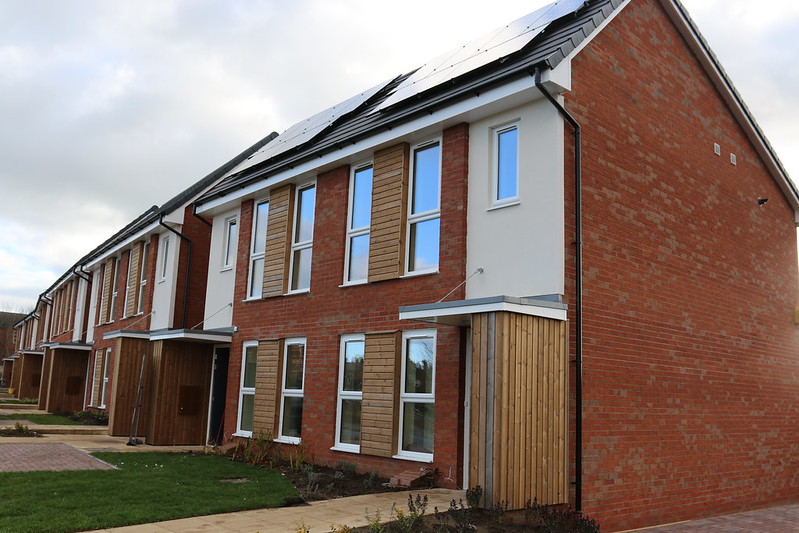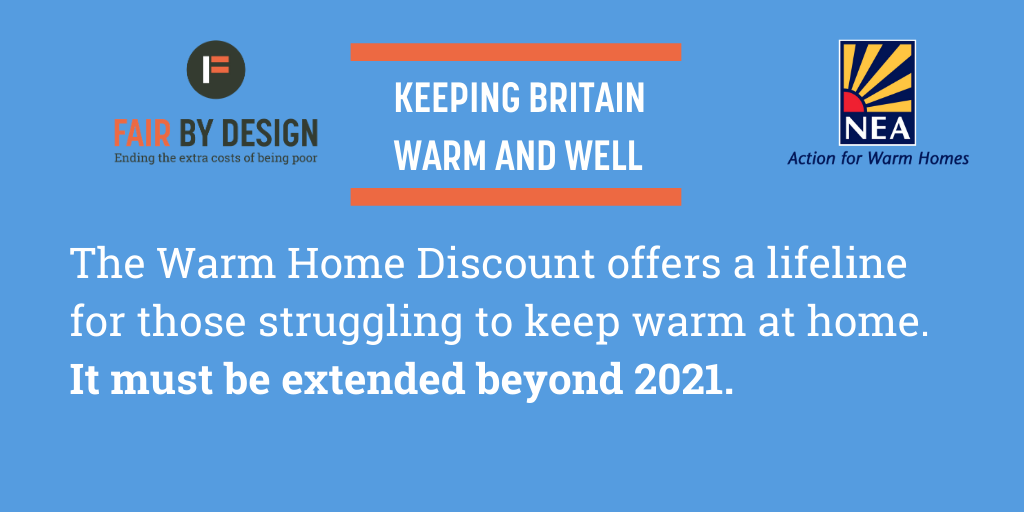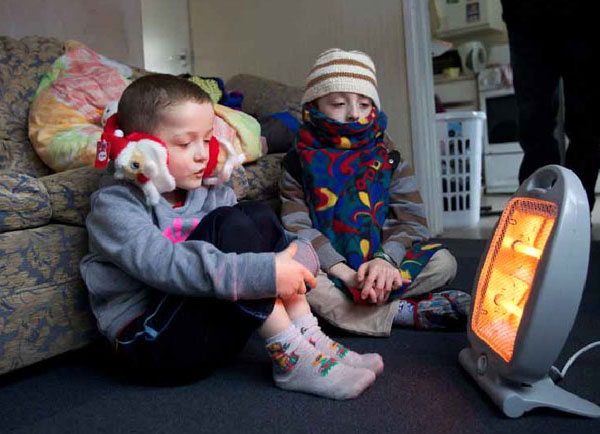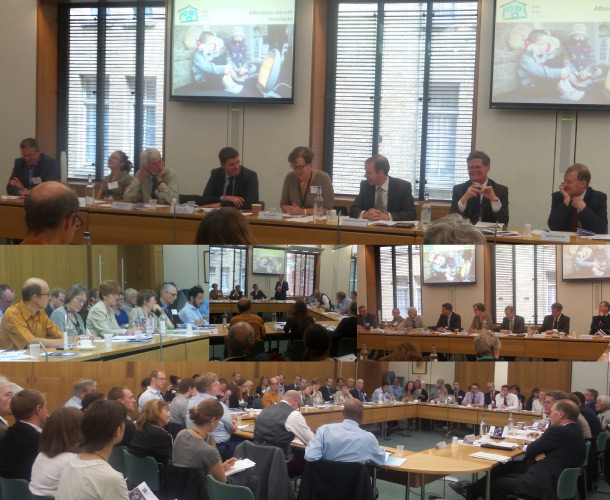New data from Citizens Advice shows 49% of benefit claimants affected by the benefits freeze have struggled to meet essential costs such as rent, household bills and food while 40% have lost sleep due to money worries in the past 12 months.
The report, achieving income security for all, found that 33% have fallen behind on household bills (such as their energy bills) and 38% have gone without essentials like heating or food.
The findings are worse for Universal Credit claimants, with over half (55%) having gone without essentials such as food, and 51% saying they have lost sleep because of their finances.
The charity is calling for increased financial support for people claiming benefits as it finds almost two in five (39%) people who claim have less than £100 at the end of each month, after paying for rent or their mortgage, food, council tax and household bills.
Disabled people and people with children were more likely to have gone without essentials such as food and toiletries. Around 44% of disabled people’s households and 45% of households with children went without in the past 12 months.
Citizens Advice is calling on the government to end the freeze on benefit rates and reduce the five-week wait for Universal Credit claims.
Since April 2016, the level of most benefits like Universal Credit and Tax Credits has been frozen.
This is having serious consequences for people with over a quarter (27%) of people claiming benefits saying financial worries have made them feel lonely/isolated. Some 29% say financial worries have affected their mental health.
Citizens Advice provides free, independent and impartial advice in England and Wales and last year we helped 580,000 people across England and Wales with their benefits. Some one in six households in the UK claim income-related benefits.
Citizens Advice is calling for urgent solutions from the government:
- End the freeze on benefit rates. Uprate payments by the Consumer Prices Index plus 2% for four years. Recalculate the Local Housing Allowance to at least the 30th percentile of local rents and re-establish the link with rental prices.
- Reduce the five-week wait by bringing forward the first non-repayable payment to no later than two weeks into a Universal Credit claim.
Gillian Guy, Chief Executive of Citizens Advice, said:
The benefits system is designed to help people with their finances in times of need, but too often our frontline staff and volunteers see a different story.
We’ve found people are losing sleep and unable to afford essential things like food and housing while receiving Universal Credit. It is totally unacceptable that our benefits system is not providing the financial safety net that people need.
The government needs to take urgent action in this week’s spending review by reducing the five-week wait for Universal Credit and ending the freeze on benefit rates.
Danielle, a parent of two children who was helped by Citizens Advice, said:
I have been through so much in the past year. I was diagnosed with breast cancer. I went through chemotherapy and now I am in remission and healthwise am doing so much better.
Universal Credit during this time added so much stress that I did not need. My payments were delayed when I went from being self-employed to being off due to needing chemotherapy.
Thankfully I have family who were able to help me to make sure my rent was paid. And I repaid them when I received my Universal Credit payments. But the stress of thinking I might not be there for my children and how I would pay my bills was at times unbearable.







